By MSc Gvapo Tripinovic and Adam Tripinovic
Hello everyone, my eight-year-old son Adam and I make educational series of articles on ParentingDad.
These articles are meant to be short, useful, interesting, and full of information about animals and nature for both kids and adults.
You can also watch it all in the video below.
Today we will share with you some of our favorite facts about elephants.
These highly intelligent giants of the world are truly fascinating creatures.
The African Savanna bush elephant is the largest terrestrial animal in the world. It can weigh up to 6,000 kilograms or 13200 pounds and stand up to 3 meters or 10 feet tall.
It takes 35 to 40 years for males to reach their full size.
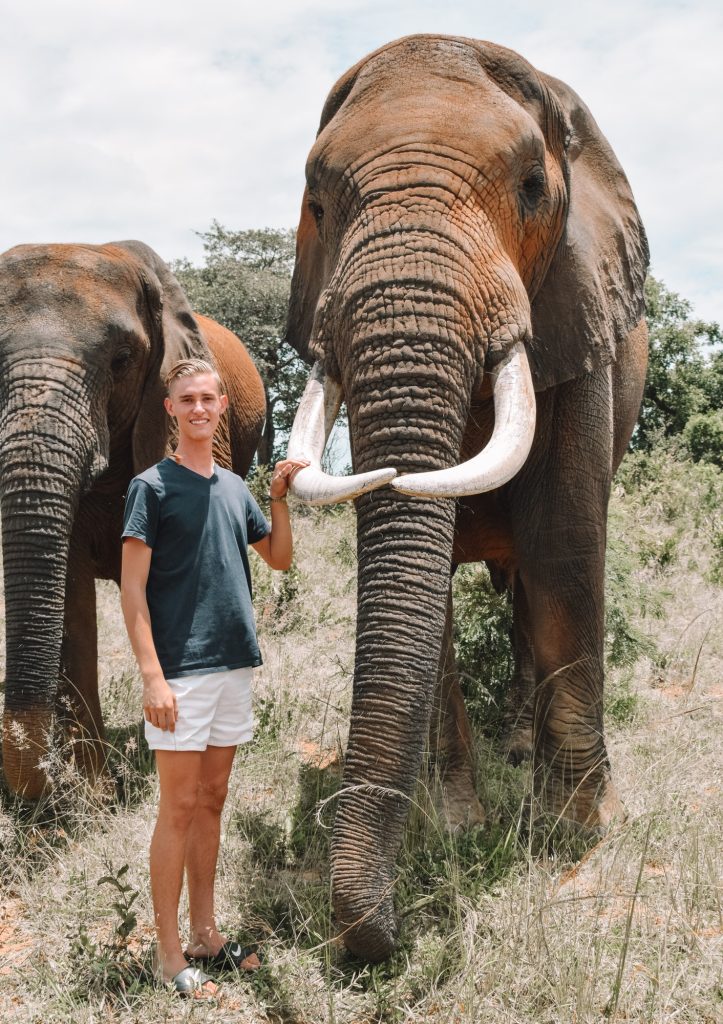
Did you know that there are three main species of elephants? African Savannah, African Forest, and Asian elephants.
Asian elephants are smaller and have smaller ears and a more curved back than African elephants.
Interesting fact: Did you know that Asian elephants have a single finger at the tip of their trunks, compared to two on African elephants?
Elephants use their trunks for various activities, including drinking, touching, taking things, or as a snorkel when swimming.
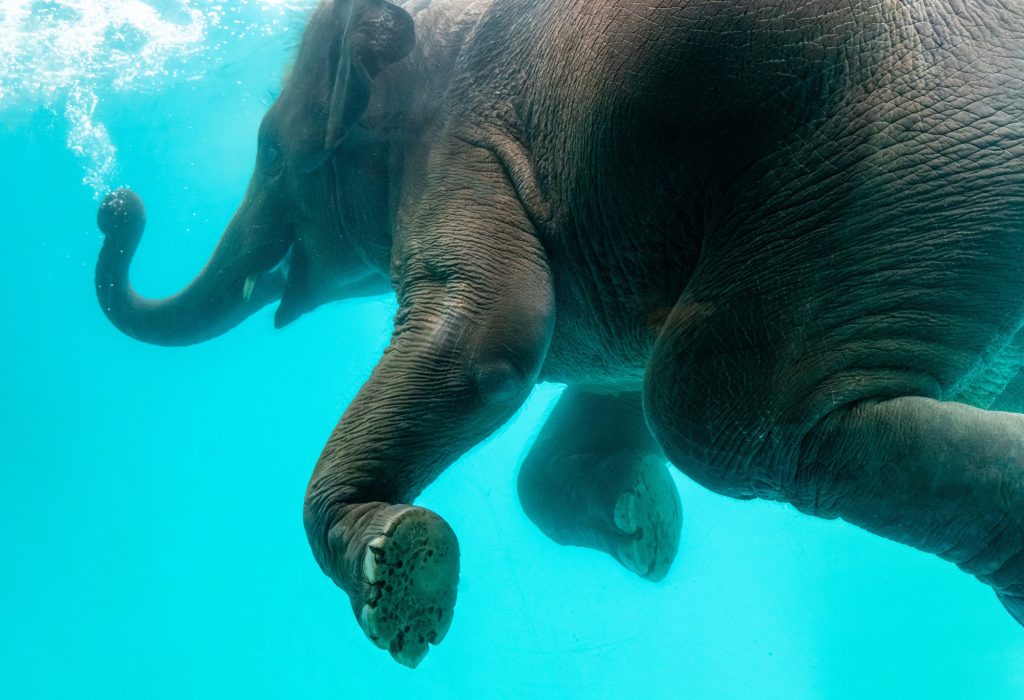
Trunks can hold up to eight liters.
Their tusks, or enlarged teeth, start to show around the age of two and continue to enlarge throughout their lives. They can be used as a weapon, feeding tool, dig out roots, prune trees, or defense.
Elephants have thick skin, 2.5 centimeters or one inch thick.
They need to eat up to 150 kilograms or 330 pounds of food per day, spending up to three-quarters of their day just eating.
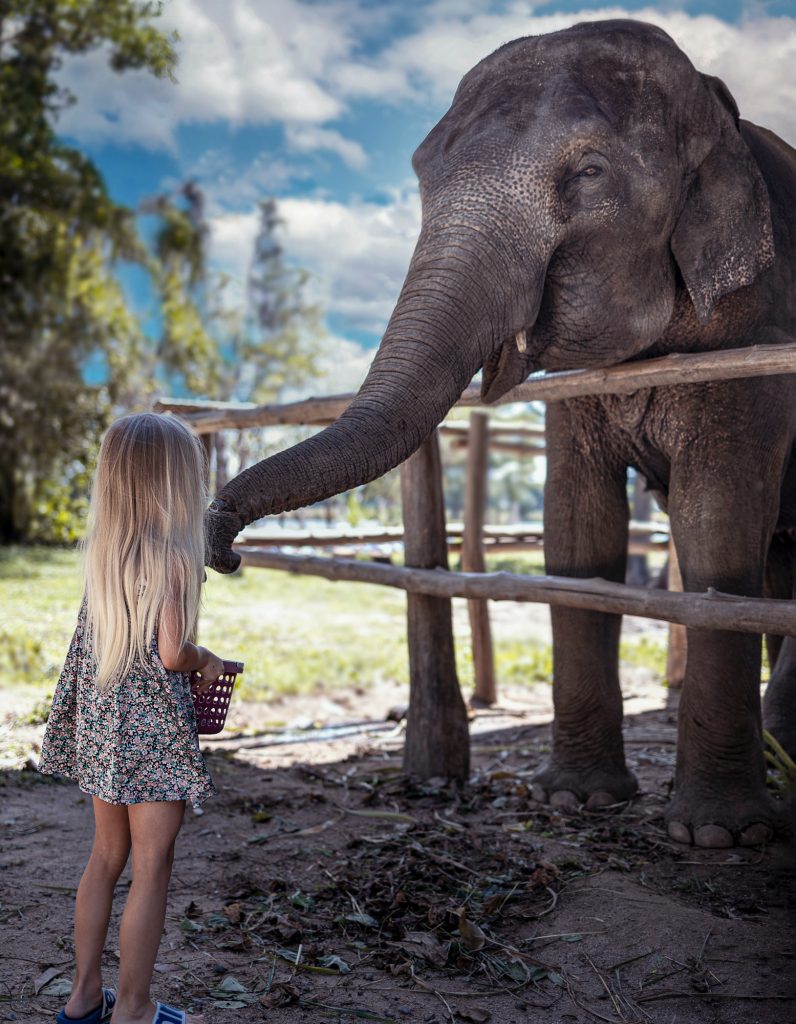
Female elephants have a pregnancy lasting 22 months, the longest of any land animal.
Elephant babies, called calves, can stand up after 20 minutes, walk after an hour, and run after two days.
“Elephant never forgets.” Part of the brain associated with memory is much larger and denser than that of humans.
The elephant’s brain is three to four times bigger than a human’s and larger than any other land animal.
They are among the rare creatures that can recognize themselves in a mirror, demonstrating self-awareness and more complex brain functioning.
Elephants exhibit a wide range of behaviors that suggest they possess complex cognitive abilities. They often engage in playful behavior, such as using their trunks to throw objects in the air and playing with water.
They also exhibit curiosity by investigating novel objects in their environment.
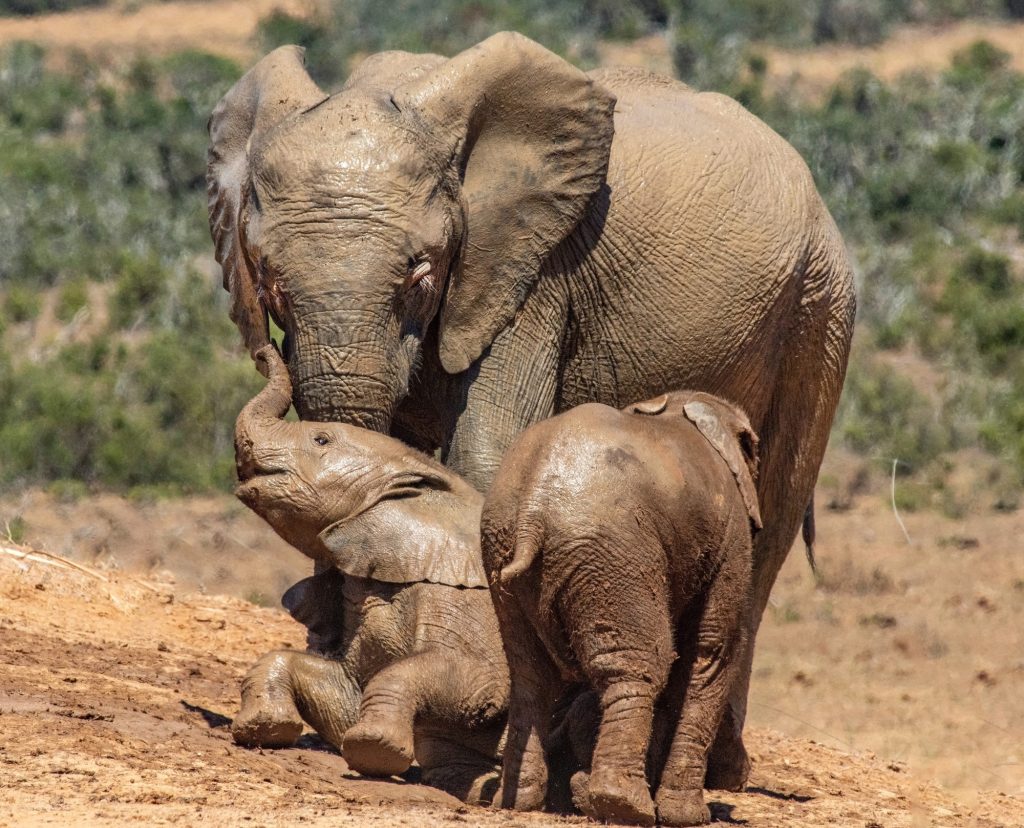
Some studies suggest that elephants may have a sense of humor, as they have been observed engaging in behaviors that appear to be playful or mischievous.
Their low-frequency calls can be heard by other elephants miles away while hardly noticeable by humans.
They have over 70 calls and 160 signals to communicate with each other.
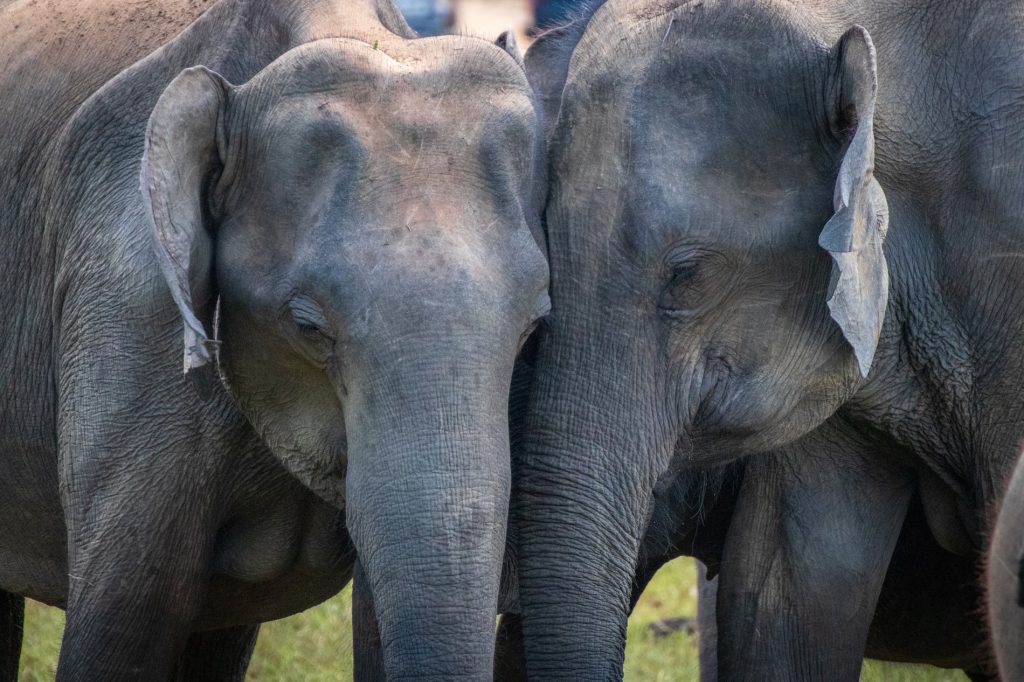
And now we’re busting a myth of ancient Roman scholar Pliny the Elder: Small critters don’t scare elephants. They can be startled when small animals jump in front of them and will stop to observe but are not scared by them.
Unfortunately, 90% of African elephants and 50% of Asian elephants have been wiped out in the last century as a result of the illegal ivory trade, conflicts with farmers, and habitat destruction.
However, placing speakers in farmer’s fields and playing the sounds of growling tigers and other dangerous predators seems to deter elephants from raiding these fields.
This can be a promising strategy to reduce the likelihood of confrontations and casualties for both elephants and human farmers.
Elephants are social animals and live in herds led by a dominant and most experienced female, the matriarch.
The matriarch rules over the herd of usually up to 15 elephants.
As herbivores, elephants only consume plant foods like fruits, leaves, and bark.
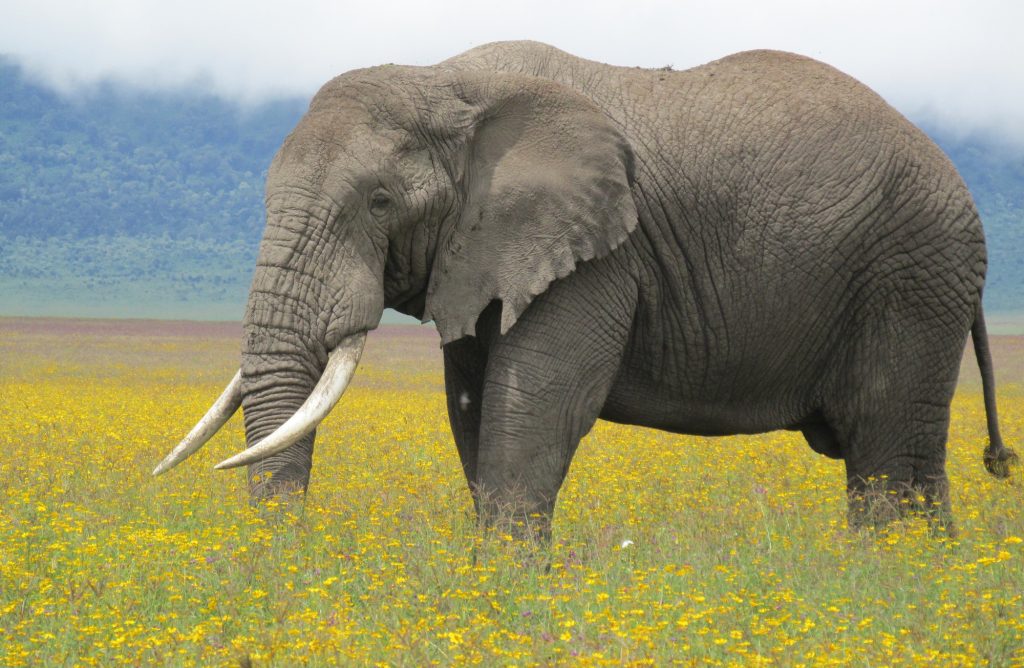
They love water and are great swimmers.
Female elephants typically give birth to one offspring every two to three years until they are about 50 years old.
In the wild, an elephant can live for 50 to 70 years.
Ling Wang, an Asian elephant that passed away in February 2003 at the age of 86, held the record for the oldest elephant ever.
They are so heavy that they cannot simultaneously lift all four legs off the ground.
Elephants are also known for exhibiting behaviors such as empathy and self-awareness. They have been observed mourning the loss of herd members and showing signs of grief or joy when they see other members of the herd.
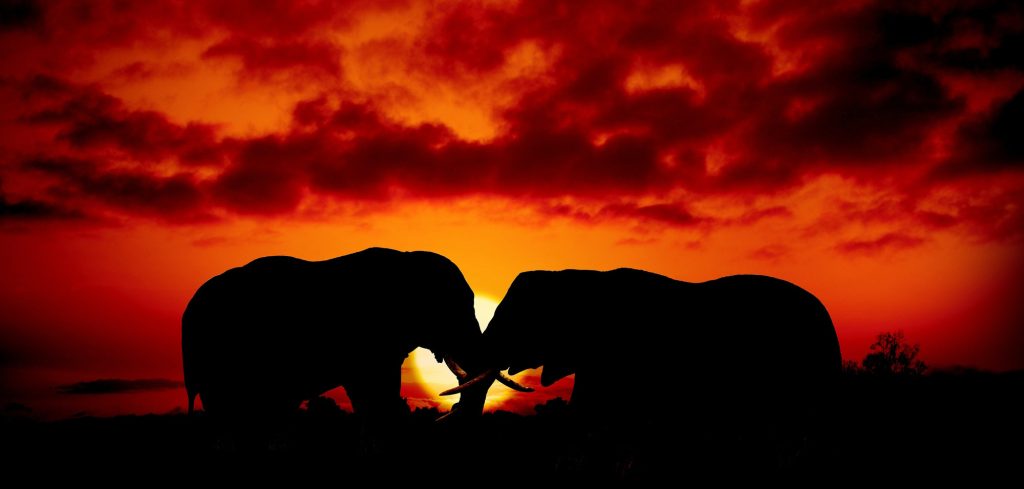
Like humans, elephants can get sunburned and cover themselves in mud or dust to protect their skin.
These are just a few of the many fascinating facts about elephants. They are truly remarkable creatures, and we must do our part to protect and preserve them.
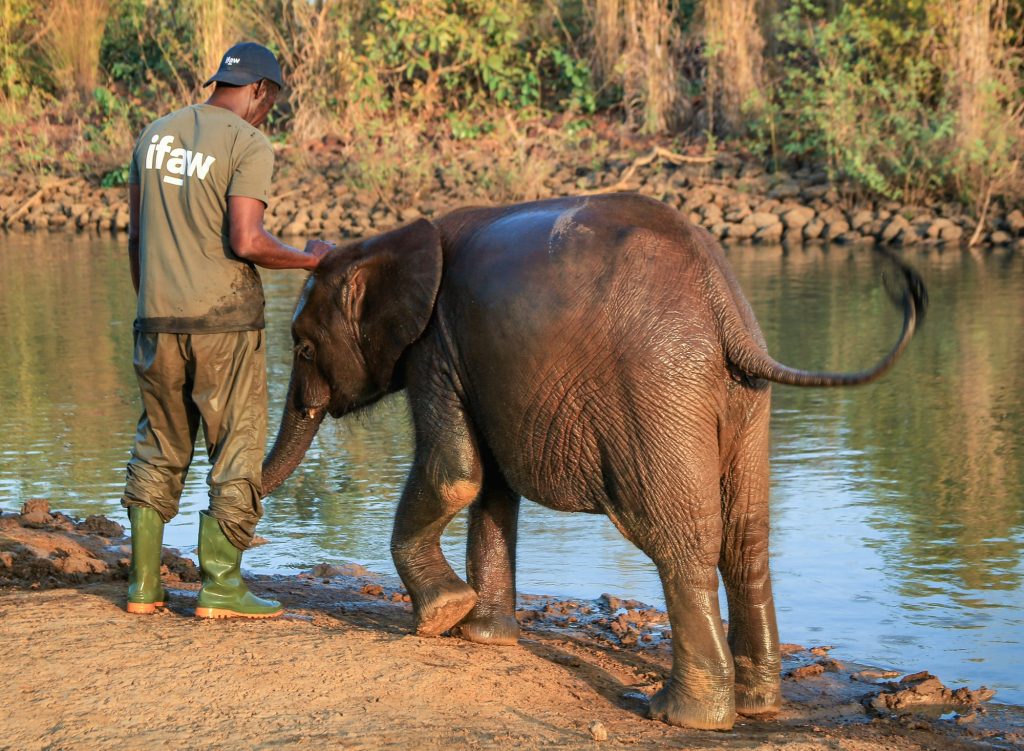
If you want to watch and read more about them, please let us know in the comments below or on our YouTube channel.
We hope you enjoyed learning more about exciting animals today.
Remember to subscribe to our YouTube channel, Top 10 Facts, for more videos on different animals as we make them often, and to visit our website for more great articles frequently.
You can find more great articles and videos about animals here:
Alpacas, Ants Rescue Their Injured Friends, Butterflies, Cheetahs, Dolphins, Do Fish Sleep, Dogs – Which dog breeds are the smartest, Elephants, Great White Sharks, Sharks in aquariums, Snakes, Hummingbirds, Jellyfish, Lions, Pigeons, Red Pandas, Owls, Seagulls, Snails, Squirrels, and Wolves.
If you found this ant rescue story fascinating, be kind and share it with your friends.
And remember to return to our blog ParentingDad.com for more incredible insights into the fascinating world of nature.
Until next time, keep exploring and appreciating the wonders of our planet!
Adam and I wish you a great day. Stay well, and keep smiling.
Keep being curious and asking questions!
This article might contain links to the products, so we can get a small commission if you buy them. That way, you support this blog and our educational YouTube channel, for which I am thankful.

